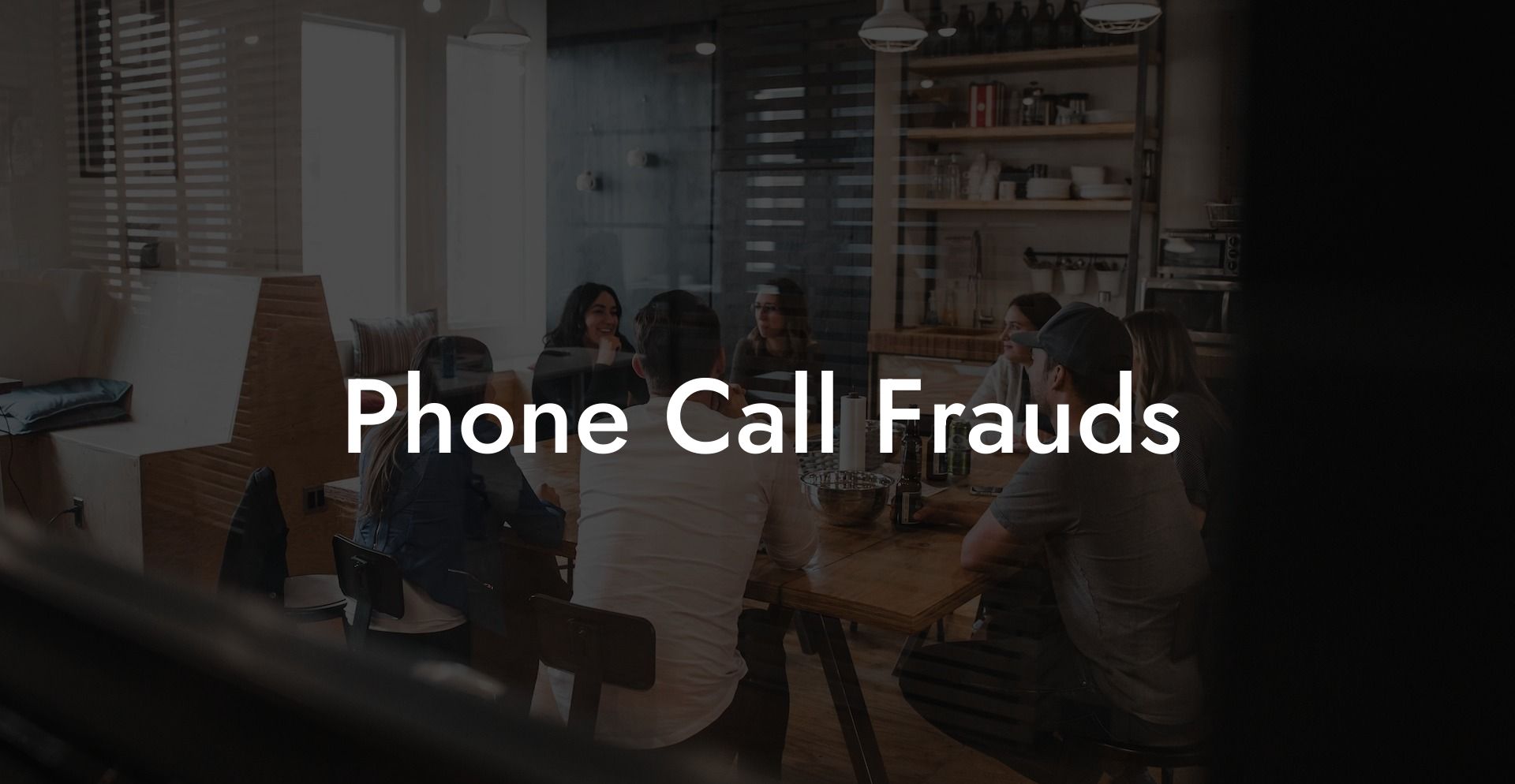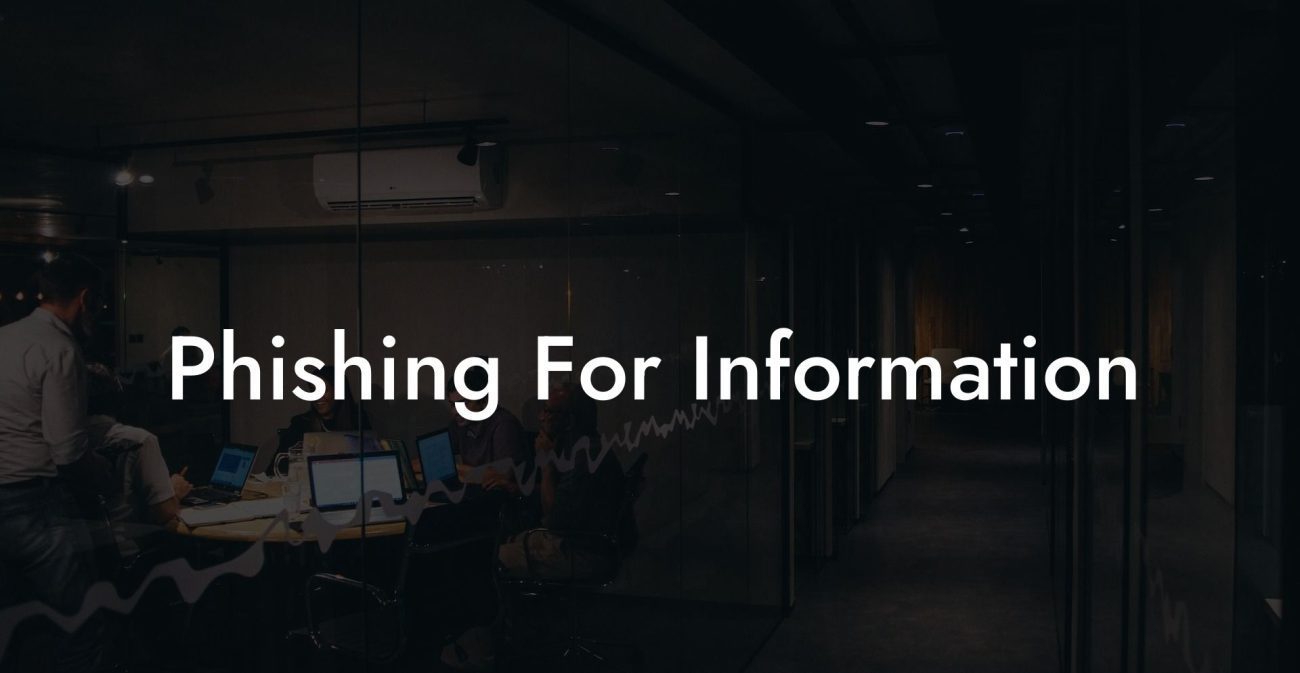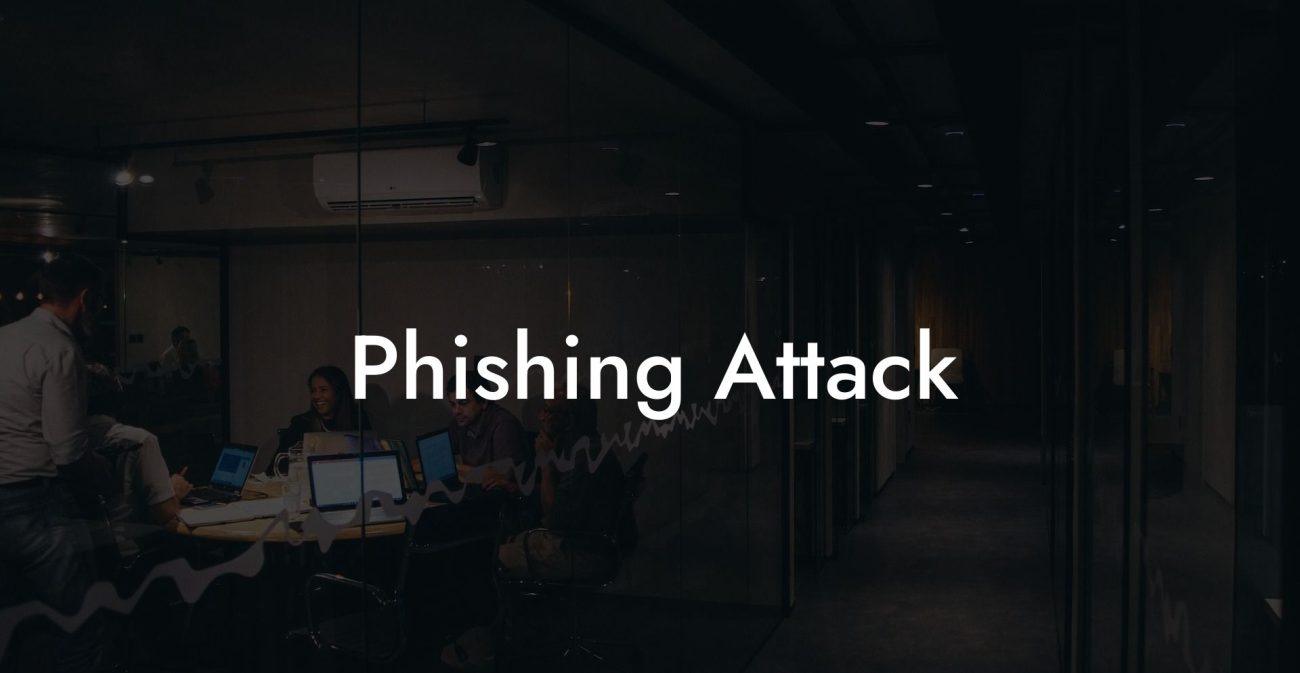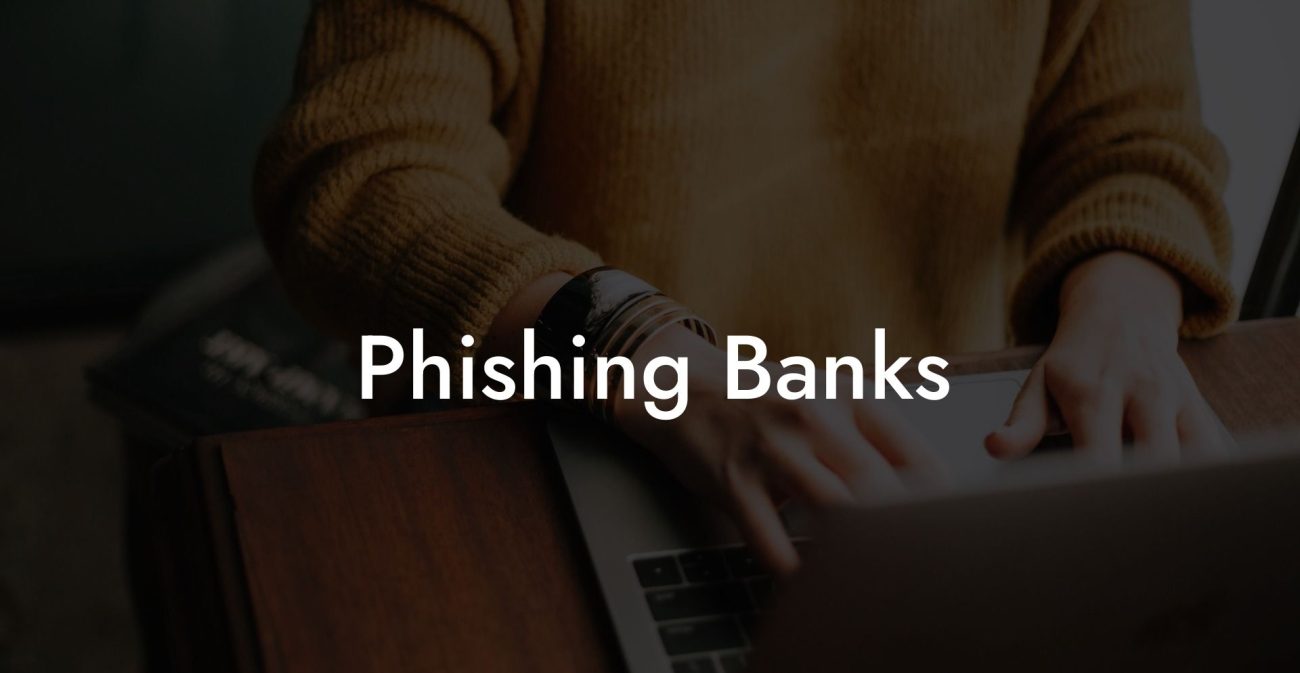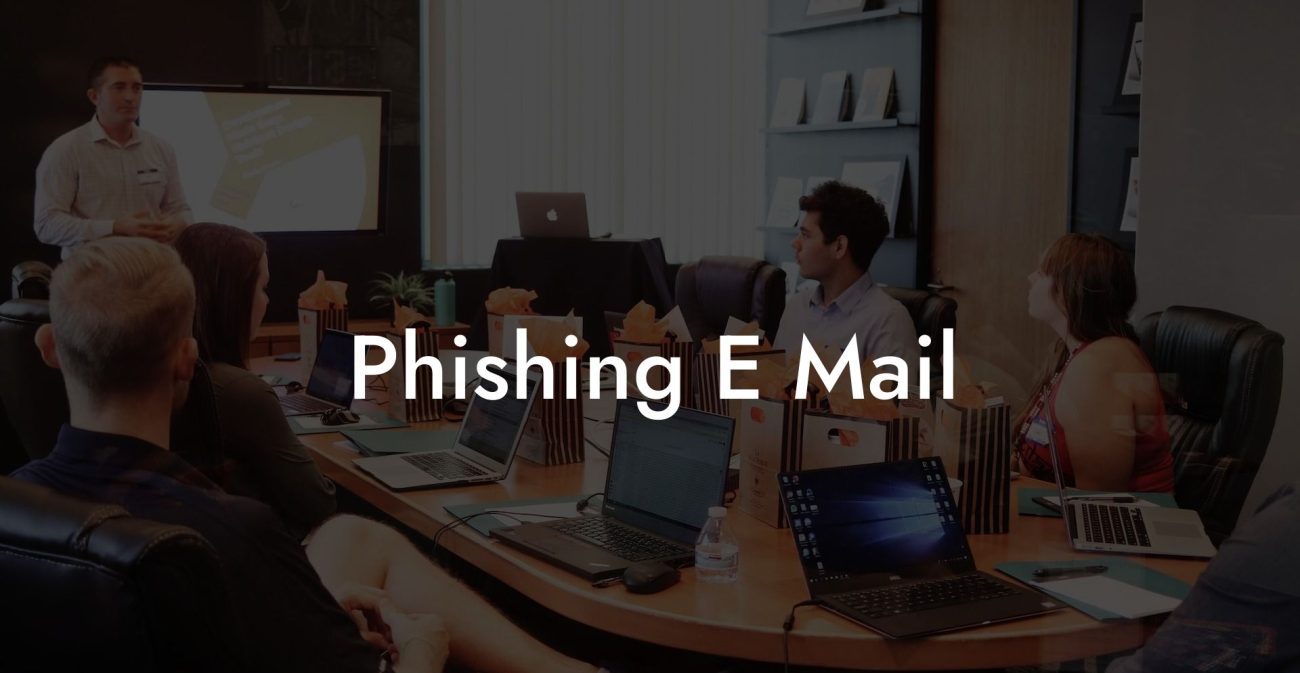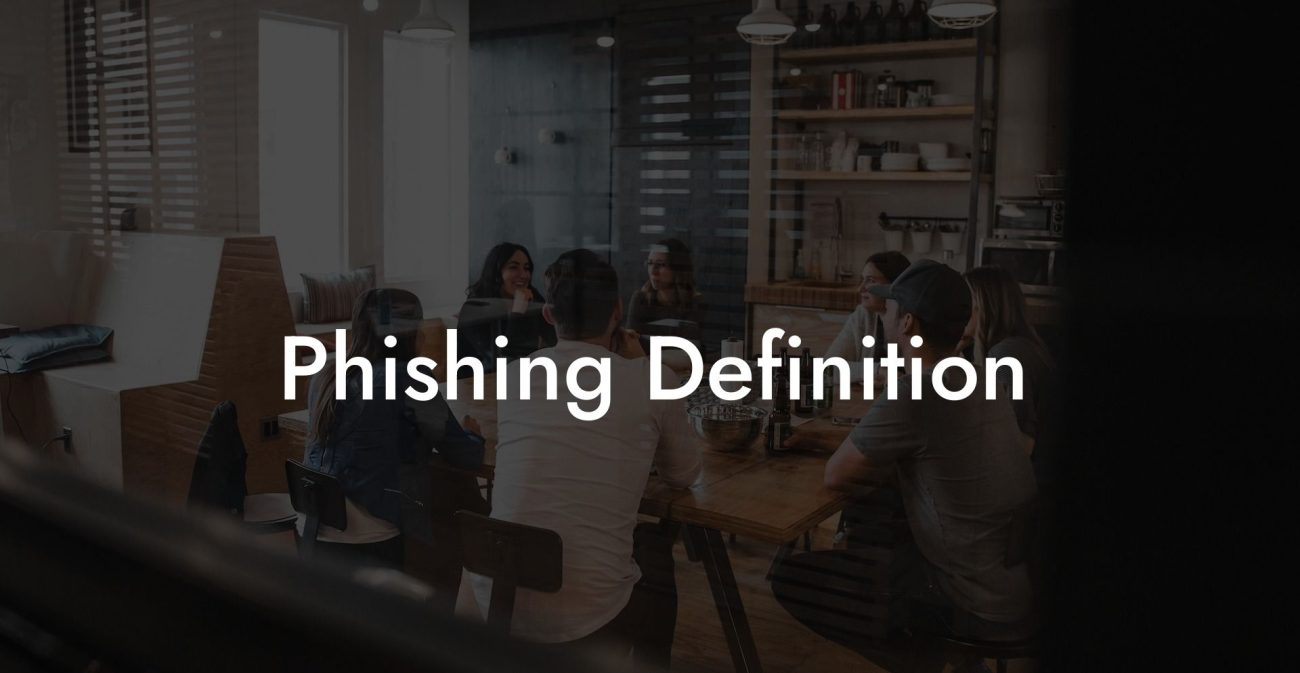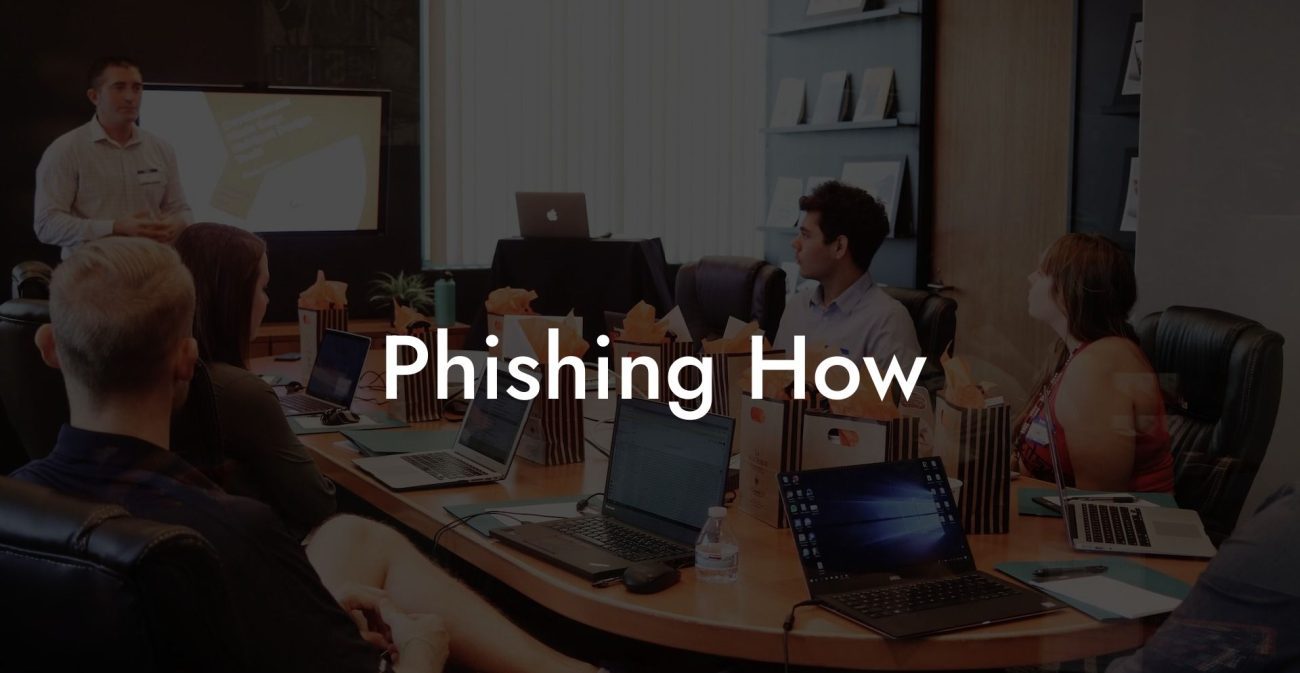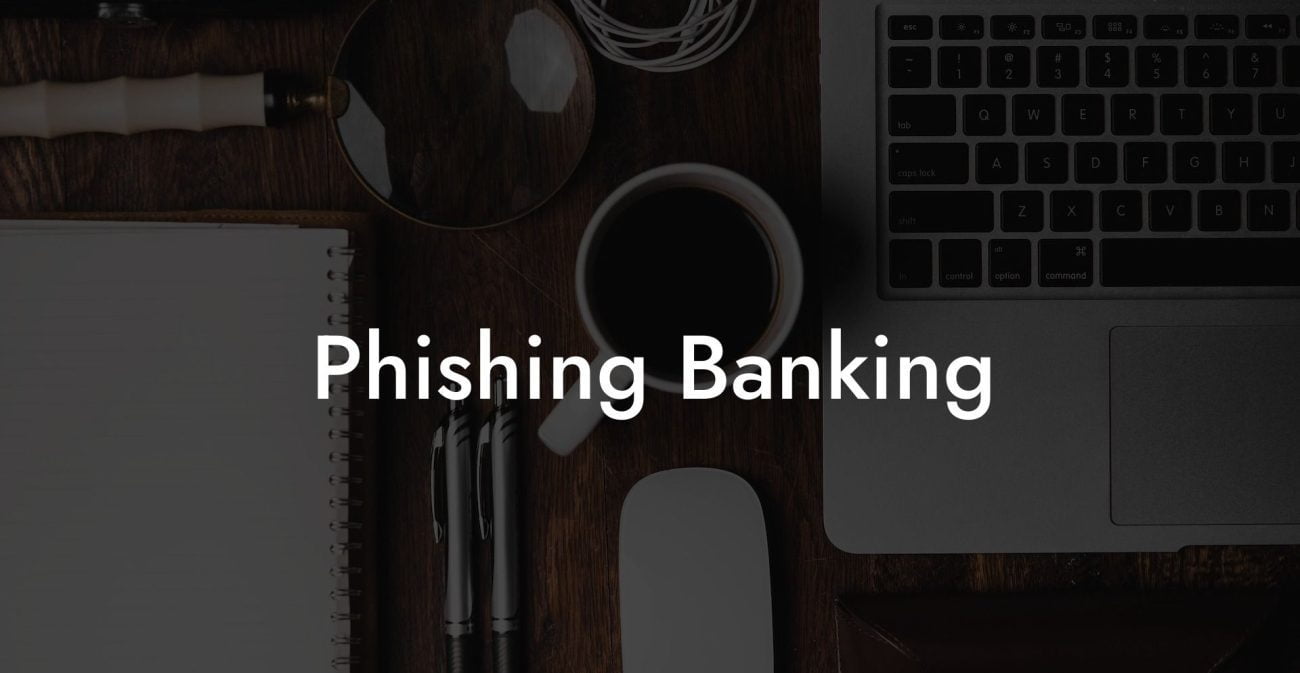Have you ever received a phone call that made you question its legitimacy? Are you aware of the potential risks of engaging with unknown callers? If not, it's time you acquaint yourself with the rapidly growing threat of phone call frauds, more commonly known as voice phishing. As technology advances and the world becomes increasingly interconnected, the scale of these frauds has escalated. With this guide, we aim to educate you about the dangers lurking in your seemingly innocuous phone calls, arming you with the knowledge to identify such attempts and protect yourself against phone call frauds.
Phone Call Frauds Table of Contents
In a nutshell, voice phishing (also referred to as "vishing") is a form of fraud where scammers use telephone calls to steal sensitive personal information, financial details or even manipulate their victims into performing certain actions. These fraudsters typically pretend to represent trustworthy organizations like banks, government agencies or well-known companies, trying to gain your trust and subsequently exploit it.
Here are the various strategies used by scammers to steal your valuable information and steps you can take to protect yourself:
Protect Your Data Today With a Secure Password Manager. Our Top Password Managers:
1. Urgency and Fear Tactics: The most prevalent tactic used by fraudsters is creating a sense of urgency to frighten you into divulging personal information. For example, they might inform you about an allegedly compromised bank account or a mysterious pending tax payment that requires your immediate attention. Always remember that legitimate organizations will never force you to share sensitive information over the phone. Should such a situation arise, hang up immediately and contact the purported organization through their official helpline.
2. Caller ID Spoofing: Scammers often leverage technology to display fake caller ID information that resembles a legitimate organization's contact details. Do not assume that the caller is trustworthy based solely on their caller ID. Instead, if you have doubts, look for the organization's official contact information on their website or on your account statement and call them to verify the legitimacy of the call.
3. Manipulating your Desire to Help: Some fraudsters pose as charitable organizations or pretend to be raising funds for specific causes. As noble-hearted as you may be, always verify the legitimacy of such organizations before donating your hard-earned money. There have been instances where victims’ credit card information has been misused in the garb of philanthropy.
Phone Call Frauds Example
A prime example of voice phishing involves a caller impersonating an employee of a reputed tax agency. They inform you that there is an outstanding tax balance that needs to be paid immediately to avoid potential legal action. They might also ask for your social security number or other personal details to "verify" your identity. Once you disclose this information, the scammers quickly terminate the call and proceed to use your personal details for criminal activities.
It's crucial to stay informed and vigilant to keep yourself safe from phone call frauds. By exercising caution, verifying any suspicious calls, and refraining from sharing sensitive information over the phone, you can protect yourself and your loved ones from becoming victims of this growing menace. Remember, knowledge is power, so educate your family members and friends about the potential dangers of voice phishing.
Do you know someone who could benefit from this information? Help them stay safe by sharing this post and encouraging them to explore other comprehensive guides on our blog, Voice Phishing.
Protect Your Data Today With a Secure Password Manager. Our Top Password Managers:

